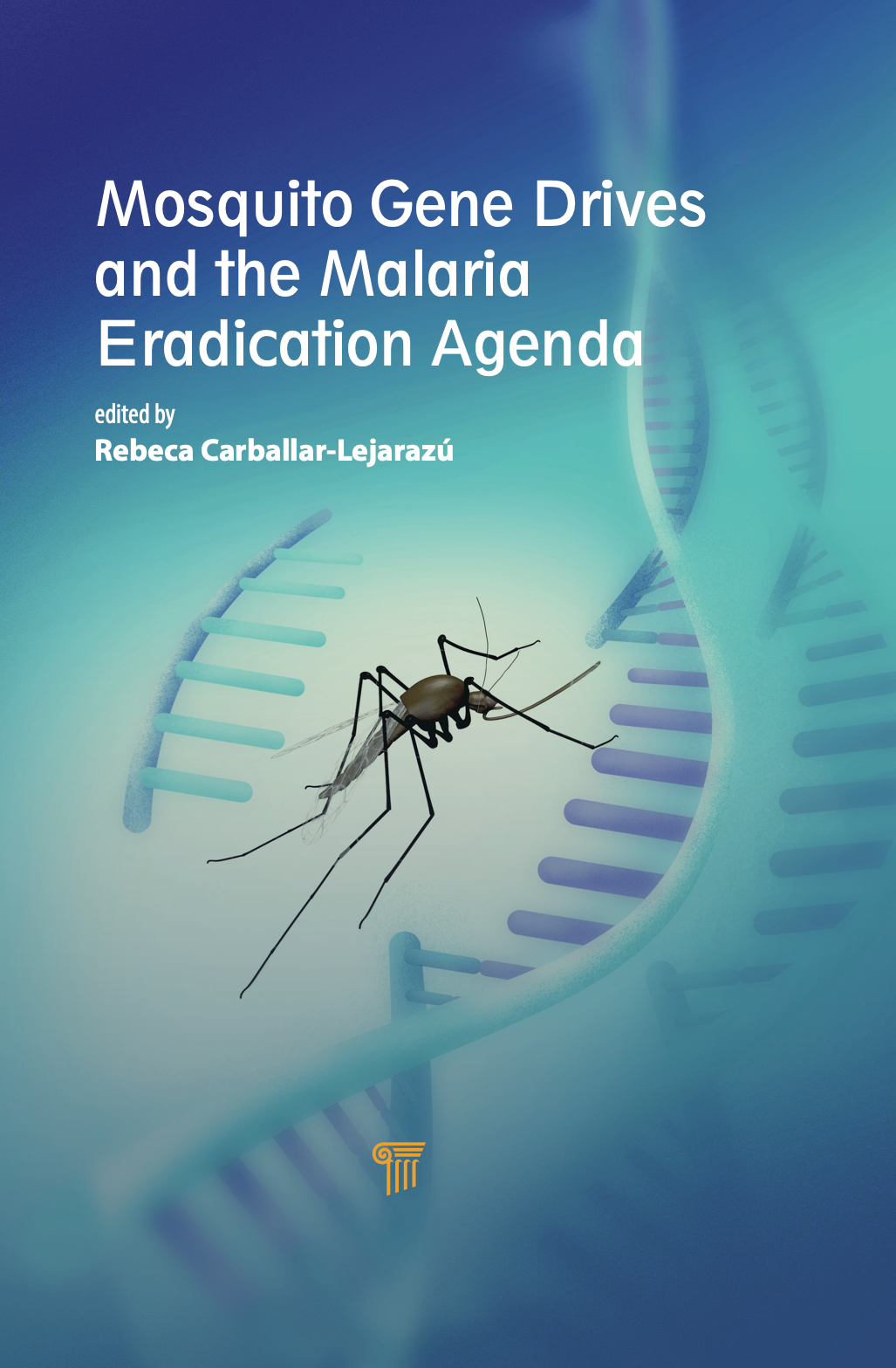Malaria continues to be one of the world’s most serious infectious diseases, claiming the lives of over half a million people every year. Although countries around the world largely held the line against further setbacks to malaria prevention and treatment during the COVID-19 pandemic, the fight against malaria is still at a precarious juncture. Efforts to curb the spread of the disease face a convergence of threats, particularly in the African Region, which accounted for 96% of deaths in 2021.
In the face of stalled progress, research into the development of new strategies for the prevention, treatment and control of malaria is essential. Emerging technologies such as synthetic gene drive systems offer the potential to modify or suppress vector mosquito populations and could provide a promising approach to help reduce the burden of the disease.

The first edition of Mosquito Gene Drives and the Malaria Eradication Agenda, which features a wide range of expert contributors – including Outreach Network members from the University of California Malaria Initiative (UCMI) and Target Malaria – attempts to cover the major areas of importance related to mosquito gene drive systems and their potential applications.
The first chapters of the book dive into the challenges and limitations of current tools, the different types of gene drives being developed for malaria control, in addition to considerations on gene drive mosquito trials. The second part explores other crucial aspects that should be considered as research on gene drive mosquitoes moves forward, such as modeling priorities when moving from lab to field, risk assessment and community engagement, as well as policy, regulatory, and ethical considerations.
Mosquito Gene Drives and the Malaria Eradication Agenda, published by Jenny Stanford Publishing, is available for purchase in hardback and as an e-publication. The book can also be accessed here.
Recent posts
